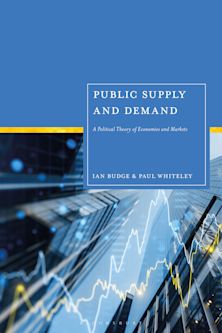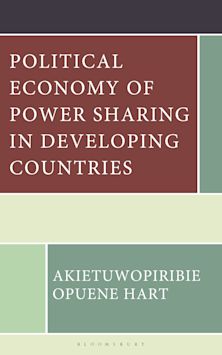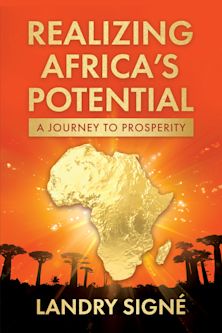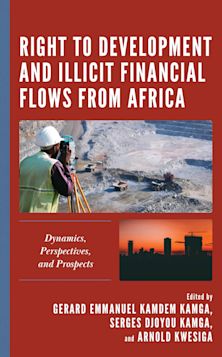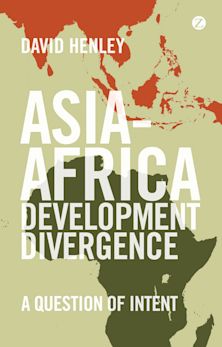History After the Three Worlds
Post-Eurocentric Historiographies
Arif Dirlik (Anthology Editor) , Vinay Bahl (Anthology Editor) , Peter Gran (Anthology Editor) , R. A. Abou-El-Haj (Contributor) , Frederick Cooper (Contributor) , Florencia A. Mallon (Contributor) ,
- Textbook
History After the Three Worlds
Post-Eurocentric Historiographies
Arif Dirlik (Anthology Editor) , Vinay Bahl (Anthology Editor) , Peter Gran (Anthology Editor) , R. A. Abou-El-Haj (Contributor) , Frederick Cooper (Contributor) , Florencia A. Mallon (Contributor) ,
- Textbook
This product is usually dispatched within 2-4 weeks
- Delivery and returns info
-
Flat rate of $10.00 for shipping anywhere in Australia
Description
History as a discipline faces a crisis of identity as Eurocentrism fades in a world where globalized visions compete to explain historical processes. Facing the challenge squarely, this volume-comprising specialists on Asia, Africa, and Latin America-explores the state of historical analysis in various world regions and appraises current views on what defines and challenges historical knowledge. It is widely accepted that Eurocentrism no longer seem acceptable in a world where others are reasserting their own notions of past and future. The post–World War II spatialities that guided both historical analysis and the division of labor in historical work are in the process of disappearing into more globalized visions. Constituencies left out of history in the past are making demands for the recognition of their historical presence. History as epistemology is under attack as a marker of Eurocentric modernity from non-historical ways of thinking, as well as from ideologies of postmodernism that deny to history its claims to truth. Indeed, the current situation in the field has been described by one distinguished historian as a “cacophonous confusion.” The challenge historians face is how to imagine new ways of writing history that overcome this confusion without falling back upon ideological and methodological prejudices that reproduce the problems of the past in new guises. The contributors discuss how these challenges are voiced and met in their different areas of specialization. Unsurprising in a volume that addresses a variety of regions and issues that are not only technically historiographical but also deeply cultural and political, the authors differ in their appraisal of the challenges presented by globalization, postmodernism, or postcolonialism. Yet they are united in their recognition of the validity of historical ways of knowing and their reaffirmation of the importance of history in grasping contemporary cultural and political problems. It is because history is entangled in a Eurocentric modernity
Table of Contents
Chapter 2 Introduction
Chapter 3 Is there History after Eurocentism? Globalism, Postcolonialism, and the Disavowal of History
Chapter 4 Archeologists and Historians Confront Civilization, Relativism, and Poststructuralism in the Late Twentieth Century
Part 5 Part II: Area Perspectives
Chapter 6 Historiography in Southwest Asian and North African Studies since Sa'id'sOrientalism, 1978
Chapter 7 Situating and Rethinking Subaltern Studies for Writing Working Class History
Chapter 8 Reversals, Ironies, Hegemonies: Notes on the Contemporary Historiography of Modern China
Chapter 9 Conflict and Connection: Rethinking Colonial African History
Chapter 10 The Promise and Dilemma of Subaltern Studies: Perspectives from Latin American History
Part 11 Part III: History at A(nother) Crossroads
Chapter 12 Is World History Possible?
Chapter 13 Whither History? Encounters with Historicism, Postmodernism, Postcolonialism
Product details
| Published | 22 Nov 2000 |
|---|---|
| Format | Paperback |
| Edition | 1st |
| Extent | 288 |
| ISBN | 9780847693429 |
| Imprint | Rowman & Littlefield |
| Dimensions | 228 x 154 mm |
| Publisher | Bloomsbury Publishing |












